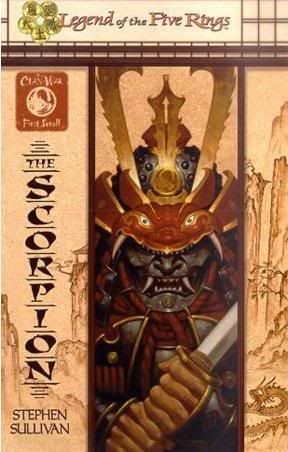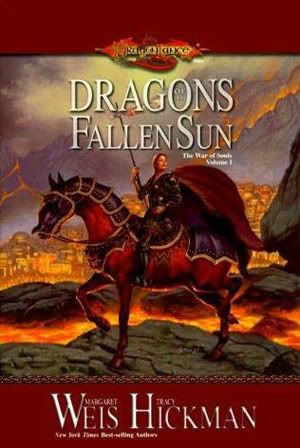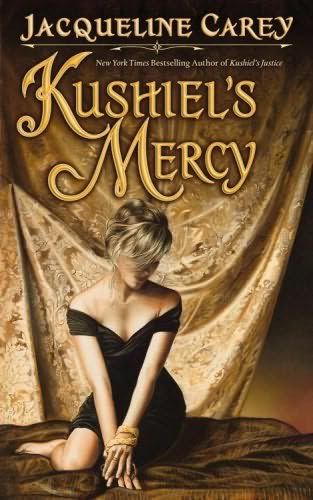In this day and age, it certainly seems like Hollywood can't think up an original idea to save its glittery life. Book-to-movie adaptations are riddling the screen, and are all too often dismissed by literary types because "it'll never be as good as the book." While this is true 98% of the time (I mean, have you READ
Jaws? Christ.) it isn't quite fair to the movie makers - books and film are two completely different media. I feel like the mark of a good adaptation is not necessarily complete faithfulness to the source material, because let's face it, that's impossible. A good adaptation is a film that retains the feeling of the book, that captures the intent of the story. It may have to be told in a different fashion, and things will always get left out because of time and visual constraints - what works on paper does not always work on the screen. But this doesn't mean that the movie is wrong, or less valid than the book.
In my lifetime, I have known several truly great adaptations.
Jumanji, while a brilliant film and excellent book, is not one of them - I argue that the film uses the book simply as a jumping off point to explore a really neat idea (a
boardgame that affects reality). There's so much of the film that was never in the children's book that, at most, the film was inspired by, rather than based off, the book.
Which leads me to my central point: my top five book-to-film adaptations, as based on my opinion and what I described above.
5.
A Clockwork OrangeVisually, this film is terrifying, and that's what it had to be. It took the nigh-incomprehensible semantics of the book, which read so twisty and sinister, and spins them into a nightmare landscape whose only real "flaw" is the non-inclusion of the final moments. I happen to think the film ends on a much more haunting note, where the book is perhaps a touch unrealistically uplifting. Alex is much more compelling when he's irredeemable. The "conditioning," scary enough when isolated to print, becomes utterly horrifying when visualized (talk about things you can never unsee), and on the whole the film visually captures the political and social turmoil in a truly excellent way.
4.
CoralineI've already done this comparison, but as a recap: Gaiman's sparse, Victorian story telling puts this gothic fairytale into clear relief, which the film illuminates with brilliant color and breathtaking animation. The few changes the filmmakers made only added to the eerieness of the whole picture, making the two pieces good companions to each other.
3.
Harry Potter and the Order of the PhoenixIn my personal opinion, absolutely the best Potter movie that's been made so far (including
Half-Blood Prince). Ironically, it's also my least favorite book - all of those long, long pages of Harry suffering teenage angst are remarkably well taken care of in one camera shot. This film also continues the Potter tradition of fantastic casting, with Natalia Tena (Nymphadora Tonks), Imelda Staunton (Dolores Umbridge), and Evanna Lynch (Luna Lovegood) positively stealing their scenes with their perfect embodiments. Lynch as the spacey, goggle-eyed Luna was one of my very favorites. The film showed the darkness descending on the magical world in an exciting way, and made way more of the final battle in the Ministry than I thought they ever could.
2.
The Last UnicornI couldn't decide whether or not to include this, because it's animated, and then I thought, "why not? I'm making these rules anyway." This happens to be my very favorite book anyway, so one could argue that my standards are higher - and boy, does this deliver. The animation is reminiscent of Miyazaki without being derivative; it is ethereal when it needs to be and earthy, full of emotion. The voice talent is unparalleled, and Christopher Lee as the bitter old King is neither shocking nor disappointing. Angela Lansbury is also brilliant as Mommy Fortuna; the only weak link in the cast is Mia Farrow who plays the Unicorn herself. The film is sweet, sad, and nostalgic in all the right places, just as the novel is; it's a fairytale that reminds us there's magic in the world while hitting bittersweetly.
1.
The Lord of the Rings trilogy
I know people who flat out refused to see these films. Because they knew Peter Jackson would never be able to encompass the whole of Tolkien's vision, and because they were terrified that parts they loved (Tom Bombadil) wouldn't make the final edit, they skipped out rather than see something they loved trimmed down and changed for a different audience. Try as I might, I can't get them to understand that this isn't a re-do of Tolkien's fantasy classic, and it's not pretending to do the same things the books do - it CAN'T. But what it did do, I think, was perhaps even more important than that.
The Lord of the Rings (I may be cheating by putting all three films into one bullet point, but it's my blog and I can do what I want) was a cinematic masterpiece. Jackson did something with film that absolutely no one had been able to do before: he internalized a classic story and translated it, slimming it down to the essential plot points and visualizing them in an effective and breathtaking manner. He narrowed the focus, but not the vision; just because you do not get to meet Tom Bombadil doesn't mean you miss out on the fear and uncertainty the hobbits face when setting out from the Shire. It truly encompasses everything that I loved about the books; the tense action and drama of the war, the futility and dystopia of Mordor and Frodo's quest, and the relationships and brotherhoods, love stories and companionships that have been repeated and reused through literary history. They are monuments of film to monuments of literature.




